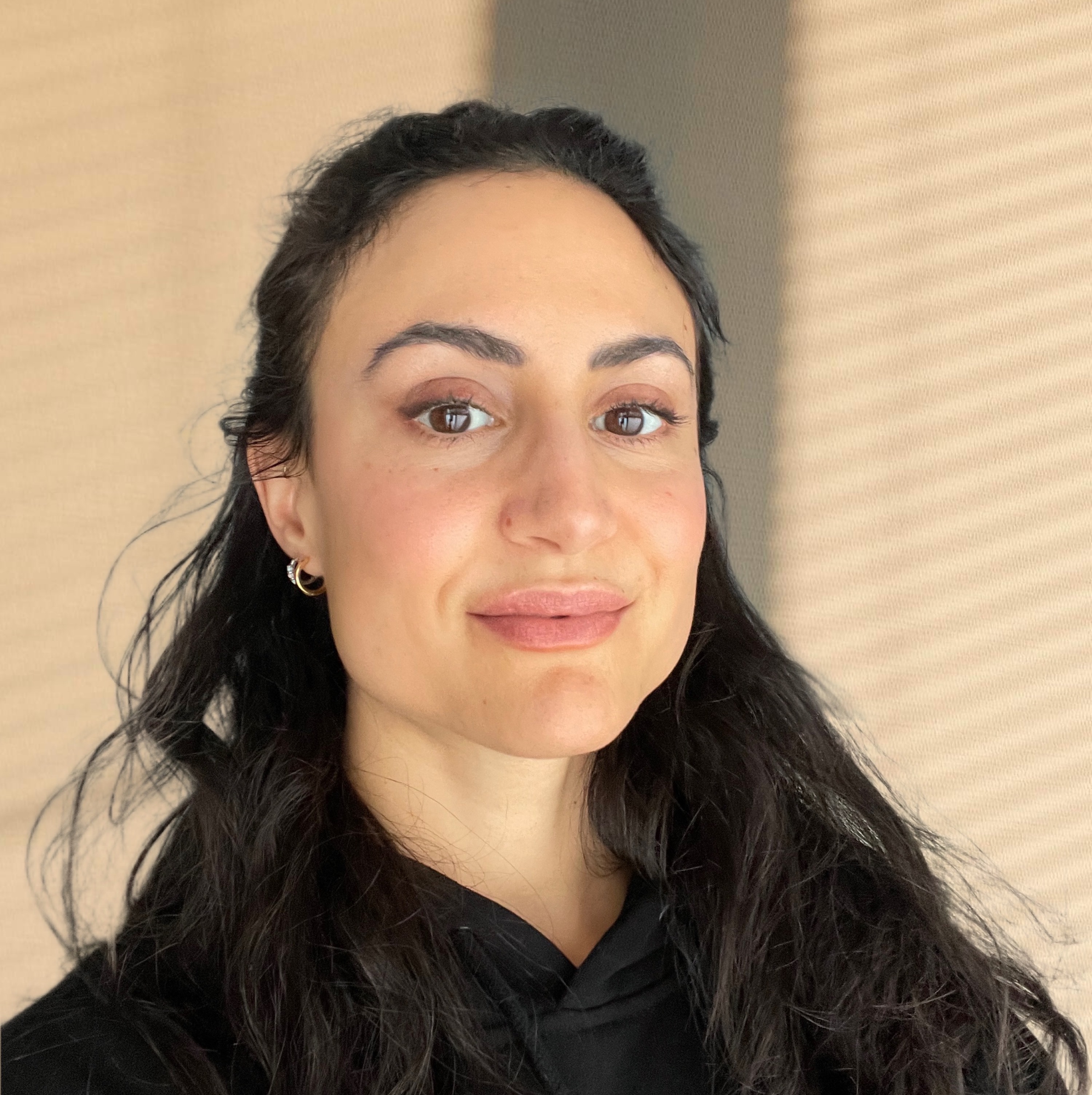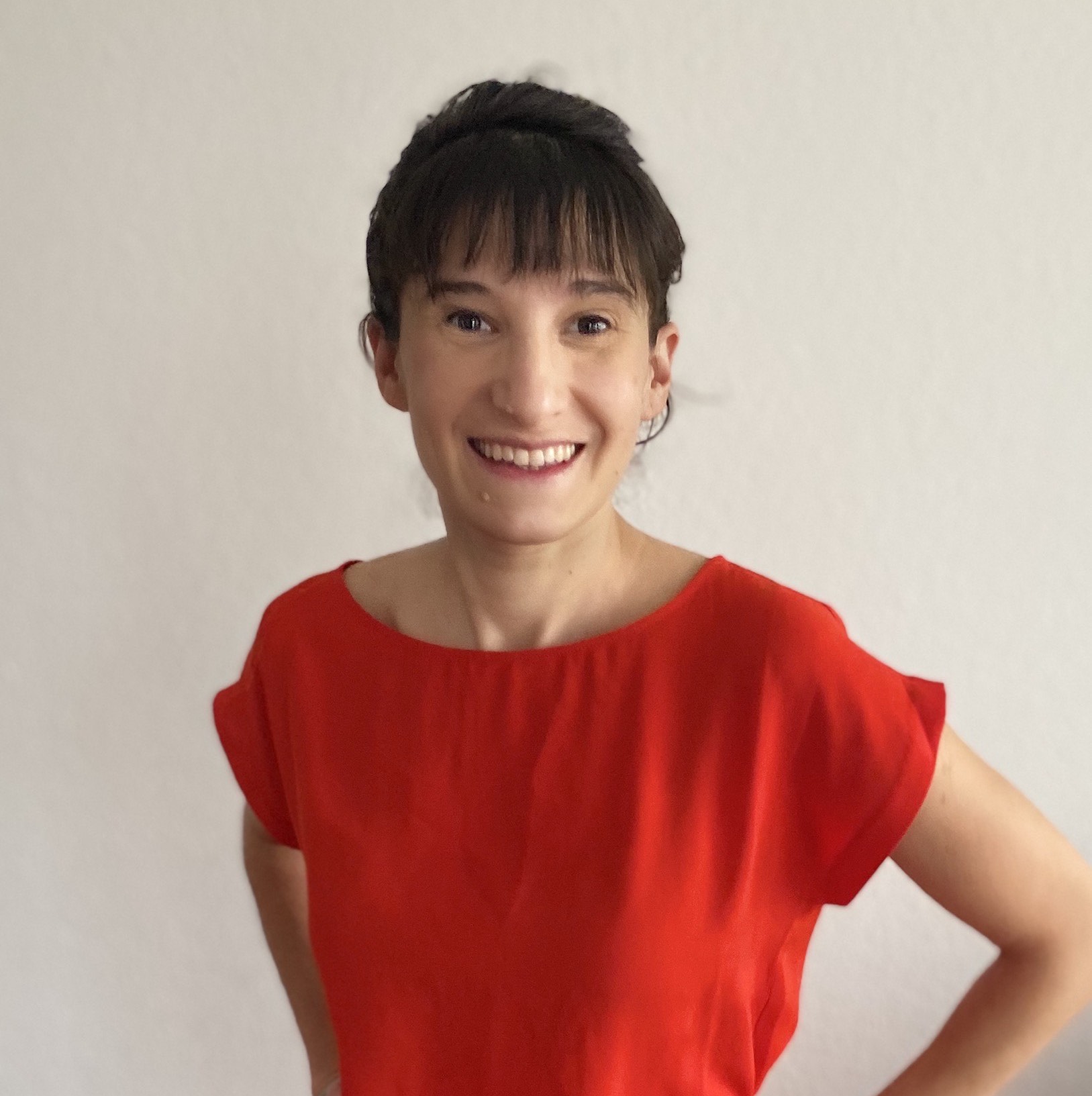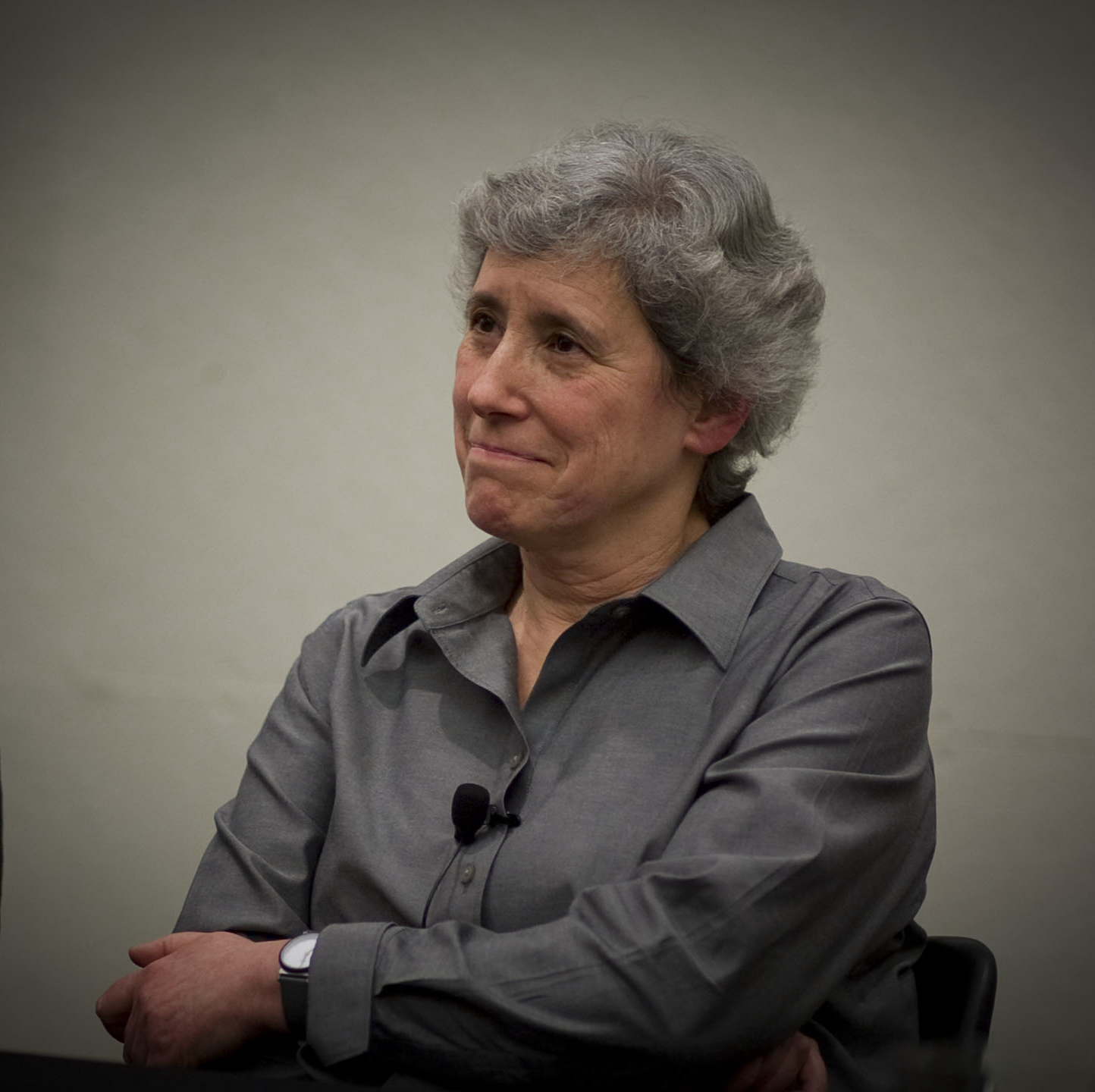politics of imaginaries
Welcome to the DIS 2023 Workshop on
The Politics of Imaginaries: Probing Humanistic Inquiry in HCI.
Important Dates
- DIS Workshop: Monday, July 10th, 2023 - 9:00 am-5:00 pm EDT
- Send submissions as email attachments to submissions@politicsofimaginaries.com, by June 10 June 16, 2023.
- Applicants will be notified if they are accepted into the workshop by June 23.
- For any questions, reach out to the primary contact Gabrielle Benabdallah at gabben@uw.edu.
Call for Participation
In the past 15 years, HCI and Interaction Design have seen an increase of humanistic methods and approaches combined with the empirical traditions familiar to these communities. New powerful work in feminist STS, design justice, black studies, decolonial studies, radical cultural anthropologies, and political economic geographies, among others, can help researchers imagine futures that actively refuse to reproduce the oppressive social, cultural, and economic conditions of the past. These critical and sustaining perspectives on systems design often take root in explicit or implicit technopolitical imaginaries —the webs of images, concepts, narratives, and sense experience that structure and stabilize systems’ and artifacts’ collective becomings.
In this workshop, we follow the structure of an activity that is a form of close reading of a technical artifact or system. Close reading is a practice of sustained interpretative engagement with a text that has a long history in the humanities. Specifically, we mobilize Dumit’s Writing the Implosion activity to co-develop epistemological maps around technologies or systems and their related imaginaries.
In his article "Writing the implosion: teaching the world one thing at a time," Joseph Dumit reflects on the challenges of teaching cultural anthropology in an age of information overload. He argues that the proliferation of digital technologies and the Internet have led to an implosion of information, making it difficult for students to make sense of the world around them. To address this problem, Dumit suggests that instructors adopt a pedagogy of "one thing at a time," focusing on a single concept or idea and exploring it in depth. The submission documents described below will serve as preparatory materials for the workshop.
What to Submit
We invite designers, researchers, and practitioners with an interest in exploring the politics of technological imaginaries to submit a knowledge map for a technology or system of their choosing.
To develop your Knowledge Map: Use the knowledge map template here based on the Writing the Implosion exercise. This exercise consists of identifying your technology or system, and filling out your knowledge map based on the following 14 dimensions: Labor, Professional/Epistemological, Material, Technological, Context and situatedness, Political, Economic, Textual, Bodily/organic, Historical, Particle, Educational, Mythological, and Symbolic. Fill out as many dimensions as you can. The output for each dimension will vary–that is expected. We also invite you to add new dimensions that are not represented in the list. Each dimension comes with a list of related questions that can help prompt your responses.
Additionally, you are welcome to use several slides to describe your technology or system, or use the space to develop an argument or introduce a topic. We also invite you to submit any additional material that could be useful to you and other participants in preparation of the worksop, such as WIPs, articles, short papers, websites, media sources, provocations, etc. Note that additional material is completely optional.
Copy the template, fill it out and submit it to submissions@politicsofimaginaries.com, by June 16, 2023. Submissions for participation can be sent as an individual or as a group. All accepted submissions will be added to the workshop Miro board and a link will be published on the website prior to the workshop for asynchronous participation.
Hybrid Format
The workshop will support a hybrid format for in-person and virtual engagement through Zoom. Workshop activities will be structured such that both in-situ and virtual work can be accomplished synchronously. After each activity and during the break, artifacts created in the in-person room will be captured and uploaded to the Miro board by our organizers. The hybrid format will allow for synchronous engagement and participants to contribute if they are unable to attend in-person.
Workshop Schedule
| Time | Description |
|---|---|
| 9:00 am-9:30 am | Introductions, overview of the workshop and presentation of Knowledge Maps |
| 9:30 am-10:30 am | Introduction on technopolitical imaginaries + Q&A |
| 10:30 am-10:45 am | Short break |
| 10:45 am-12:15 pm | Descriptive group activity: participants will be organized into small groups to explore the imaginaries at play in their chosen technology. |
| 12:15-1:45 pm | Lunch (off-site) |
| 1:45-3:00 pm | Generative group activity: participants contribute to the knowledge/ignorance maps in their group by engaging with the ethical and relational aspects of the imaginaries fleshed out during the first activity. |
| 3:00-3:10 pm | Short break |
| 3:10-4:15 pm | Group Discussion: each group will have a moment to share something that came up in their group activities and discussion of the maps. This will open up into a larger discussion moderated by the workshop organizers. |
| 4:15-4:45 pm | Consolidate Future Plans |
| 4:45-5:00 pm | Closing |
Workshop Organizers
 Gabrielle Benabdallah
Gabrielle Benabdallah
Gabrielle Benabdallah is a PhD candidate in Human Centered Design & Engineering (HCDE) at the University of Washington, in Seattle. Her work is at the intersection of systems research, interaction design and philosophy. She is interested in the limits and conditions of knowledge and how epistemic possibilities are shaped by technology. She is the main point of contact for the workshop.
 Michael W. Beach
Michael W. Beach
Michael W. Beach is a PhD candidate in Human Centered Design & Engineering (HCDE) at the University of Washington, in Seattle Washington. Their research focuses on the development of design practices that trace response-ability through the lens of more-than-human entanglements in blasted landscapes, such as the western redcedar decline in the PNW. They are interested in the design, adoption, and use of ethical design methods in HCI contexts.
 Kavita Philip
Kavita Philip
Kavita Philip has written about nineteenth-century environmental knowledge in British India, information technology in post-colonial India, and the intersections of art, science fiction, and social activism with science and technology. She is author of Civilizing Natures (2004) and co-editor of five volumes curating new interdisciplinary work in radical history, art, activism, computing, and public policy. She holds the President’s Excellence Chair in Network Cultures at The University of British Columbia, where she is Professor of English and Associated Faculty in STS and Geography. She is Professor Emerita of History at UC Irvine.
 Daniela Rosner
Daniela Rosner
Daniela Rosner is an Associate Professor in Human Centered Design & Engineering (HCDE) at the University of Washington and co-director of the Tactile and Tactical Design (TAT) Lab. She has published on the social, political, and material circumstances of technology development and use, with a longstanding interest in sites of innovation such as electronics maintenance and needlecraft historically overlooked within Western engineering cultures. Rosner serves as an Editor-in-Chief of Interactions magazine, a bimonthly publication of ACM SIGCHI.
 Lucy Suchman
Lucy Suchman
Lucy Suchman is Professor Emeritus in the Anthropology of Science and Technology at Lancaster University in the UK. Before taking up that post she was a Principal Scientist at Xerox’s Palo Alto Research Center (PARC), where she spent twenty years as a researcher. In 2010 she received the ACM SIGCHI Lifetime Research Award. Her current research extends her longstanding critical engagement with the fields of artificial intelligence and human-computer interaction to the domain of contemporary militarism. She is concerned with the consequences of algorithmic systems for social justice and the possibilities for a less violent world.
 Nathanael Elias Mengist
Nathanael Elias Mengist
Nathanael Elias Mengist is a 2nd year PhD student in Human Centered Design & Engineering (HCDE) at the University of Washington, Seattle campus. He is interested in the power dynamics and belief structures operating in socio-technical systems, with an emphasis on the historiography of alchemy and its ‘more-than-western’ origins. Nathanael’s current research investigates the intersections of AI-powered and culturally-motivated farming in the black diaspora.
 Garnet Hertz
Garnet Hertz
Garnet Hertz is Canada Research Chair in Design and Media Arts, and is Associate Professor of Design at Emily Carr University. His art and research investigates DIY culture, electronic art and critical design practices. He has exhibited in 18 countries in venues including SIGGRAPH, Ars Electronica, and DEAF and has won top international awards for his work, including the Oscar Signorini Award in robotic art, a Fulbright award, and Best Paper Award at the ACM Conference on Human Factors in Computing Systems (CHI). He has worked as Faculty at Art Center College of Design and as Research Scientist at the University of California Irvine. His research is widely cited in academic publications, and popular press on his work has disseminated through 25 countries, including in publications like The New York Times, Wired, The Washington Post, NPR, USA Today, NBC, CBS, TV Tokyo and CNN Headline News. More info: http://conceptlab.com/.


